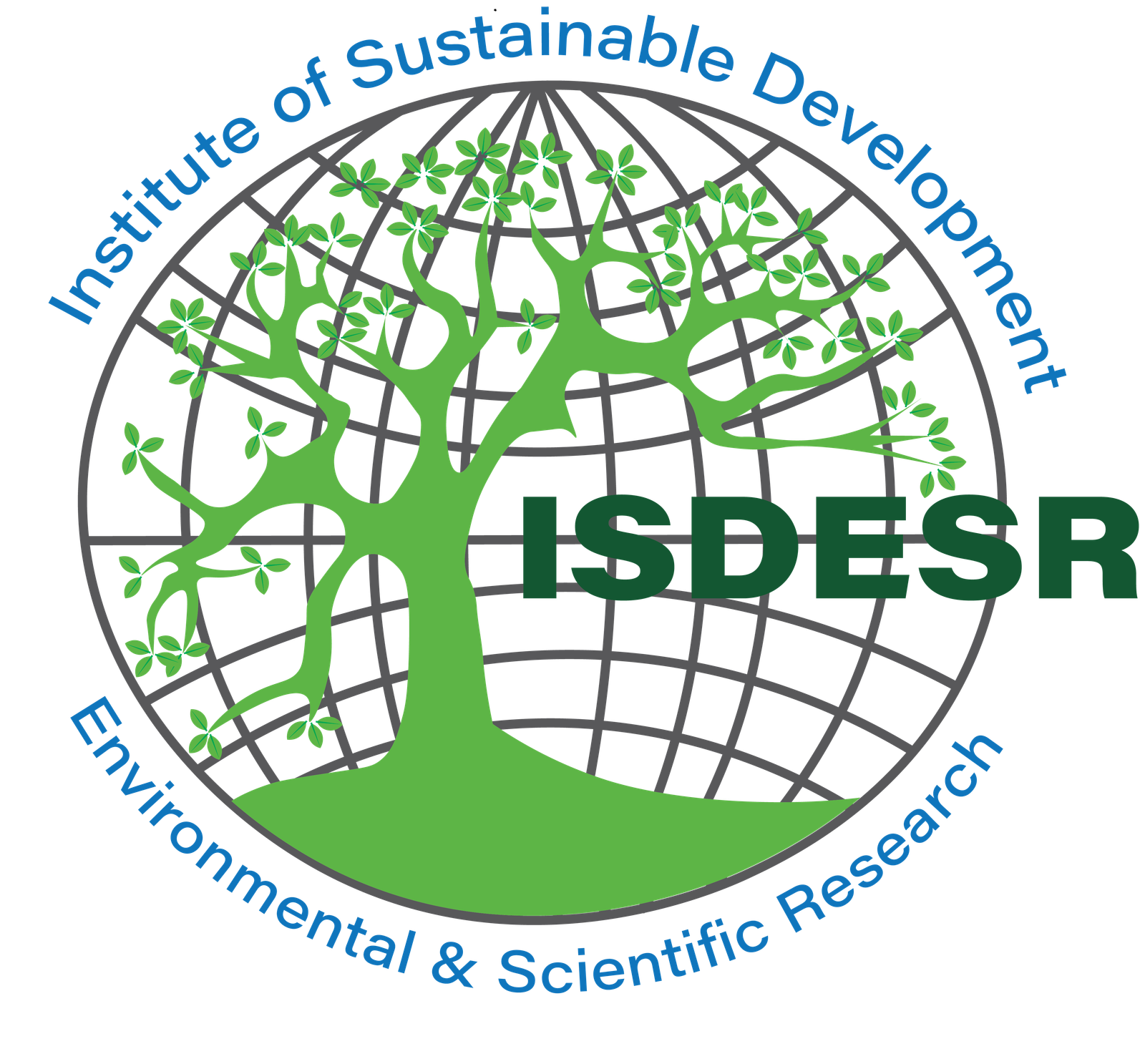Volume 11 (01), January 2025
EXPLORING ECOLOGICAL RESTORATION MANAGEMENT APPROACHES: A CASE STUDY OF RÉUNION ISLAND'S COMMUNITIES OF PRACTICE IN THE LIFE
AUTHOR
Salwa Aabid
ABSTRACT
Ecological restoration has emerged as a heightened scientific response to human-induced degradation in natural ecosystems. This movement arises from a collective effort to comprehend and counteract these dynamics. The institutionalization of ecological restoration has developed gradually and in various forms, gaining recognition and scientific validity through experiments and the endeavors of the International Society for Ecological Restoration (SER). This society has played a pivotal role in disseminating practical knowledge and fostering widespread adoption of ecological restoration approaches. In the context of our study on the island territory of La Réunion, we aim to explore ecological restoration management approaches by examining the diversity of social representations within communities of practice involved in a LIFE program-funded project. Using participatory observation and 36 semi-structured interviews, the study employed cognitive mapping to analyze data. The findings highlight three key components of ecological restoration approaches practiced in the area: (i) management of invasive species, (ii) selection of indigenous plants, and (iii) governance challenges spanning local and European contexts. These contrasting perspectives among actor communities illustrate the complex and varied approaches to ecological restoration, aligning with the study’s focus on exploring heterogeneity in restoration strategies.
